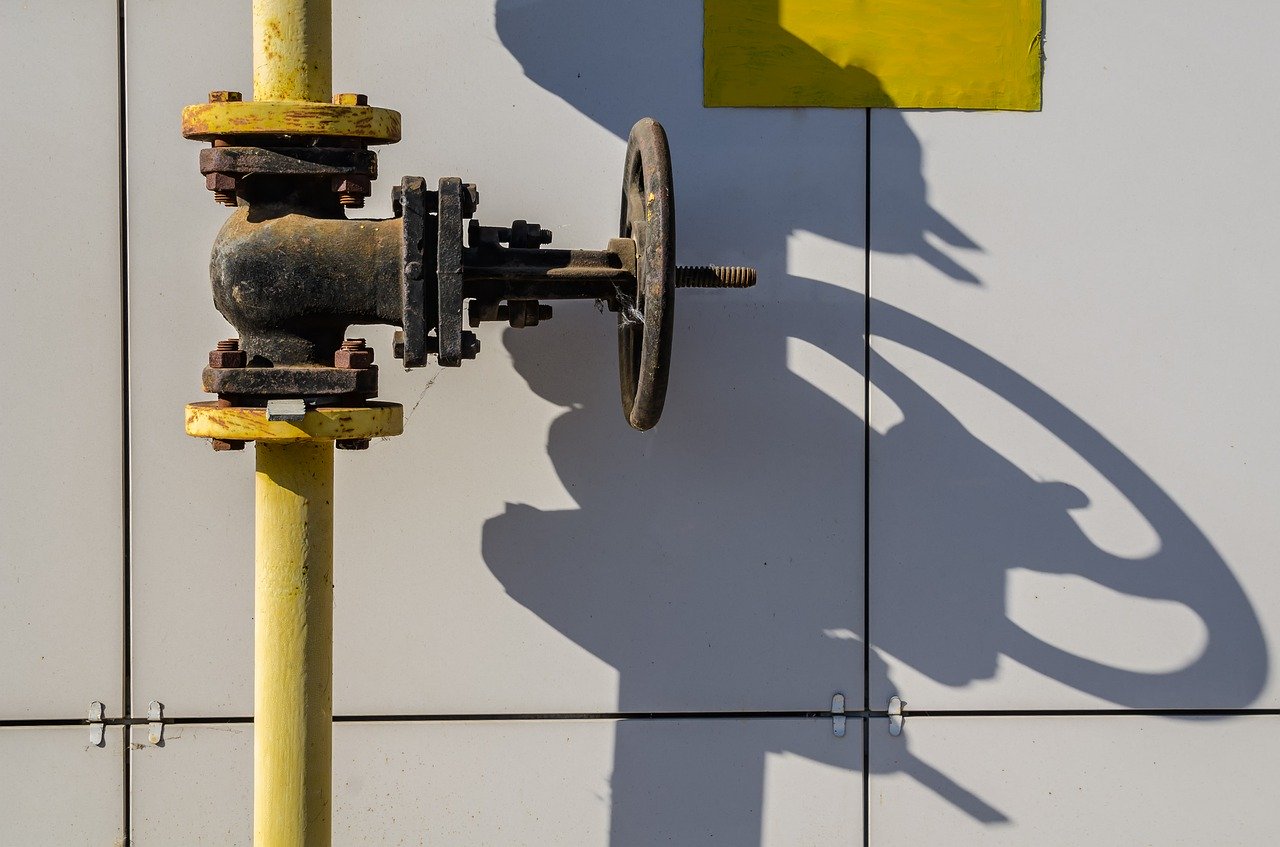Unfortunately, clogged natural gas lines can happen. And when they do, the results can be incredibly dangerous, even leading to a gas explosion (these are more common than most people realize). That’s why knowing what to do and how to fix a clogged gas line is crucial.
However, it’s also important to note that considering the nature of natural gas, this is a task best left to professionals.
If you suspect anything is wrong with your natural gas piping or natural gas services in general, contact RP Gas Piping for help. We can diagnose and repair your gas line, whether there is damage or clogging to address.
Causes of Clogged Natural Gas Lines
Before we jump into how to fix a clogged gas line, let’s first look at some common causes of blockage in natural gas lines.
1. Debris
Debris, including dirt and leaves, often causes clogged gas lines. It can block the flow of natural gas, leading to decreased performance in the appliances that use it and potentially even creating toxic gas leaks.
2. Pipe damage
Sometimes your gas pipes may become damaged due to shifting ground or construction, which can cause leakage and blockages.
If you want to learn more about gas piping, we break down the basics in this post: All About How Gas Piping Works in Your Home.
3. Rust
If your pipe has developed rust over time, this corrosion can lead to blockages in your natural gas supply line.
Signs of Clogged Natural Gas Lines
It’s also important to know the signs of a clogged natural gas line. Some of these signs include:
- Decreased performance in your appliances
- A decrease in the amount of hot water produced
- Higher than average gas bills
- An unpleasant smell of gas coming from inside or outside your home
How to Fix Clogged Natural Gas Lines
If you’re ever unsure about what’s causing problems with your gas lines, it’s important to contact a professional for help. In fact, this should always be your first step if anything seems even a little bit off with your natural gas lines.
At RP Gas Piping, we provide experienced and certified technicians that can quickly diagnose and repair any issue affecting your natural gas line. Whether it’s a blocked pipe, damage from shifting ground, or rust corrosion, our team has the tools and expertise to set it right.
When a professional shows up to fix clogged natural gas lines, there are a few steps they’ll follow.
First and foremost, they will always turn the gas off, ensuring it’s safe to work on the line. You must never overlook this crucial step when dealing with natural gas lines.
Then they’ll need to figure out what’s causing the problem in the first place because this can determine the appropriate fix. For example, when debris is the culprit, a vacuum or an air compressor can do the trick.
For smaller pipes, they may use wire or a plastic probe to try and push through the blockage. However, more advanced techniques, such as hydro jetting, may be needed for larger pipes.
Speaking of natural gas services, here are the natural gas inspections you should have done yearly!
How to Fix Clogged Gas Lines: DIY
We want to reiterate that this job is best left to the experts.
However, if you’re feeling brave, here’s one DIY solution:
Mix 1/2 cup of baking soda and 1/2 cup of white vinegar in a bowl. Pour it down the gas line and let it sit for about 10 minutes. After that, flush out the line with hot water to get rid of any remaining blockages.
How to Prevent Clogged Natural Gas Lines
Once you solve the issue, you’ll want to do whatever you can to stop it from clogging again! Here are some of the steps you can take to prevent future blockages:
- Regularly inspect and maintain your natural gas appliances. This includes cleaning the burners and replacing filters as needed.
- Avoid planting trees or shrubs near gas lines to prevent tree roots from growing into the pipes.
- Ensure proper installation of gas lines by licensed professionals, including appropriate depth and protective coatings.
- Regularly check for any signs of corrosion, rust, or damage to the gas lines and have them repaired immediately.
Clogged Natural Gas Lines: FAQs
Finally, let’s review some common questions about natural gas line blockages.
What to do if gas line is clogged?
If you suspect your gas line is clogged, it’s best to contact a professional immediately. A qualified technician can assess the situation and determine the best solution for getting your natural gas back up and running again.
For example, they may use specialized tools such as a vacuum or an air compressor if debris causes the issue. Or, they may need to resort to heavier-duty techniques such as hydro jetting if rust corrosion and pipe damage are involved.
How do you flush a natural gas line?
To flush a natural gas line, you’ll need to turn the gas off and check for any signs of blockage. If debris is causing the problem, a professional can use a vacuum or an air compressor to remove it. For more severe cases, the fix may necessitate hydro jetting.
Can a propane gas line get clogged?
Yes, propane gas lines can become blocked, just like natural gas lines. However, diagnosing and solving the problem can be done using the abovementioned steps.
No matter what kind of blockage you have in your natural gas line, it’s essential to address it immediately to avoid any potential safety hazards or costly repairs down the road. With the expertise of RP Gas Piping on your side, you’ll have peace of mind knowing your gas lines are functioning correctly once again!
Did you learn a lot about dealing with clogged natural gas lines today?
Here are three more posts to read next:


